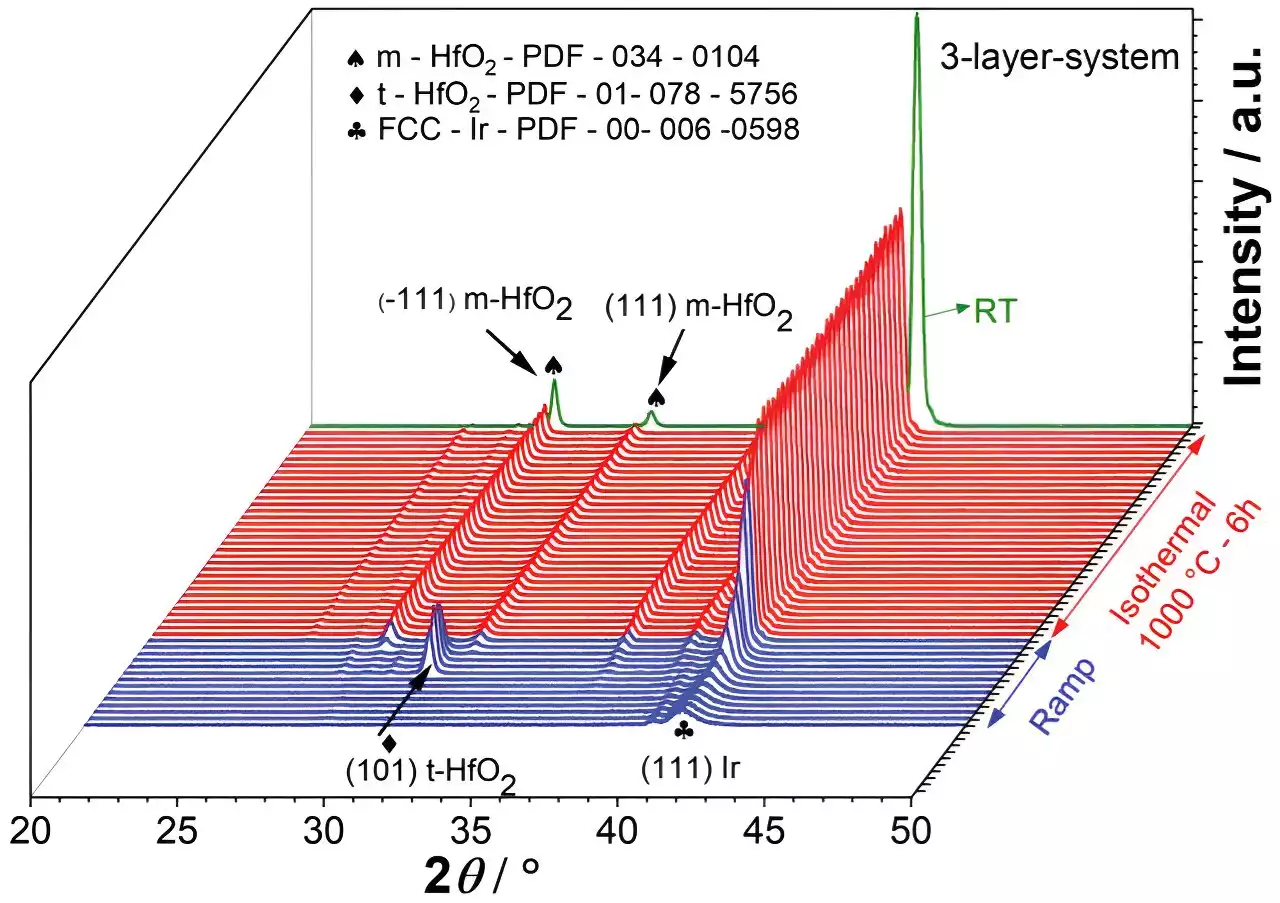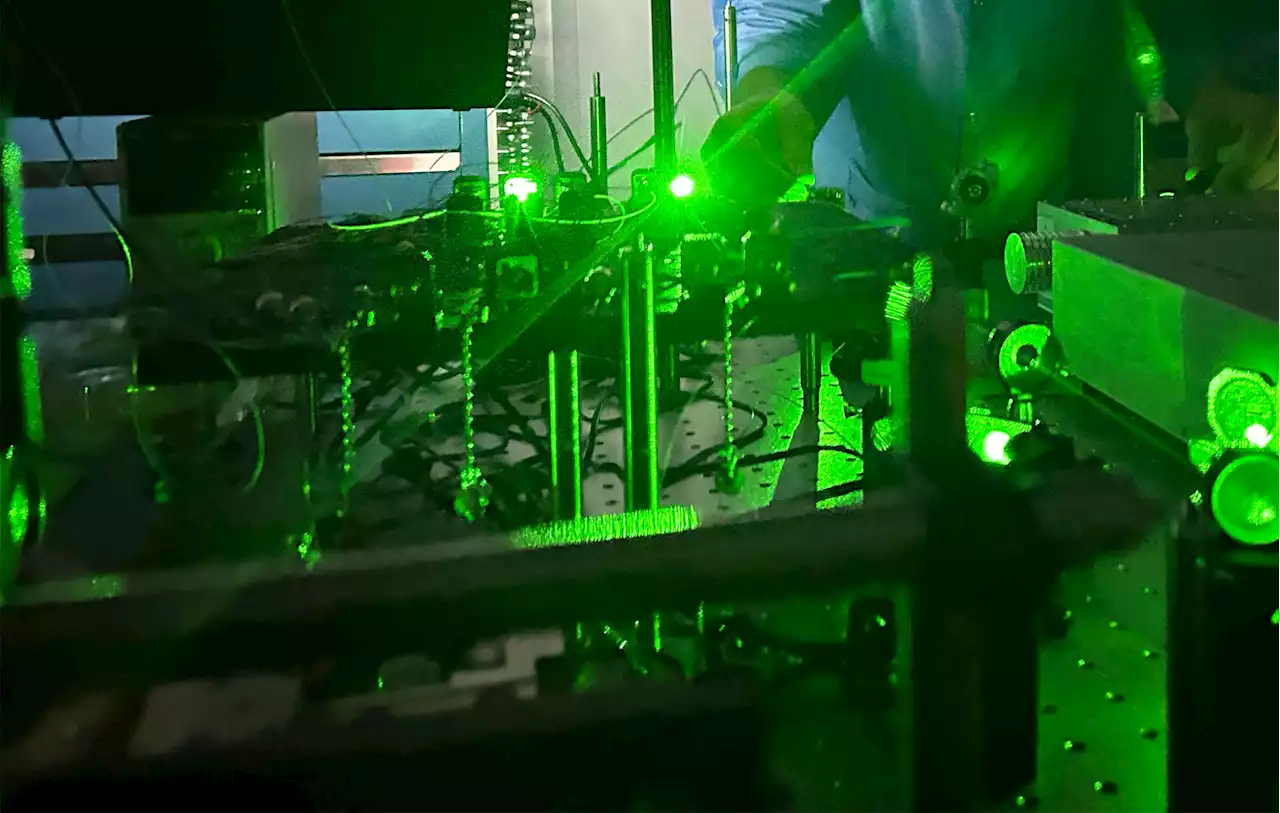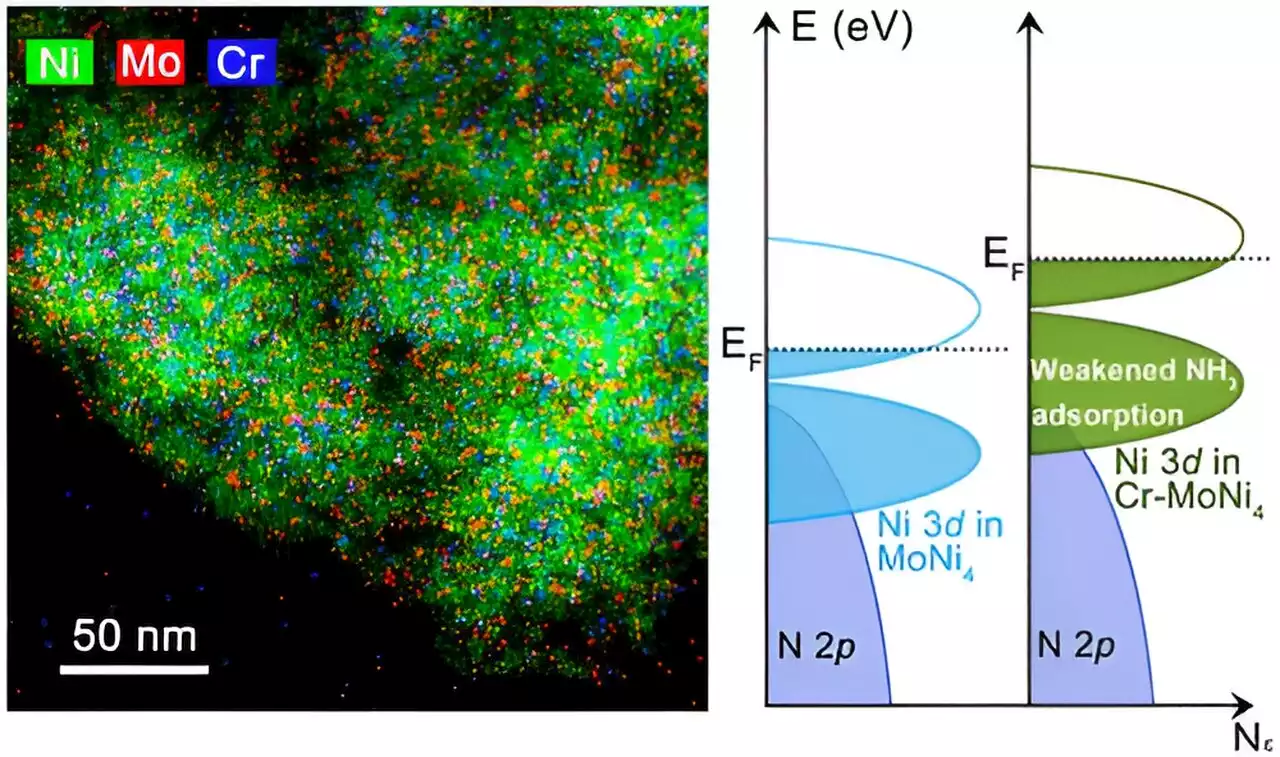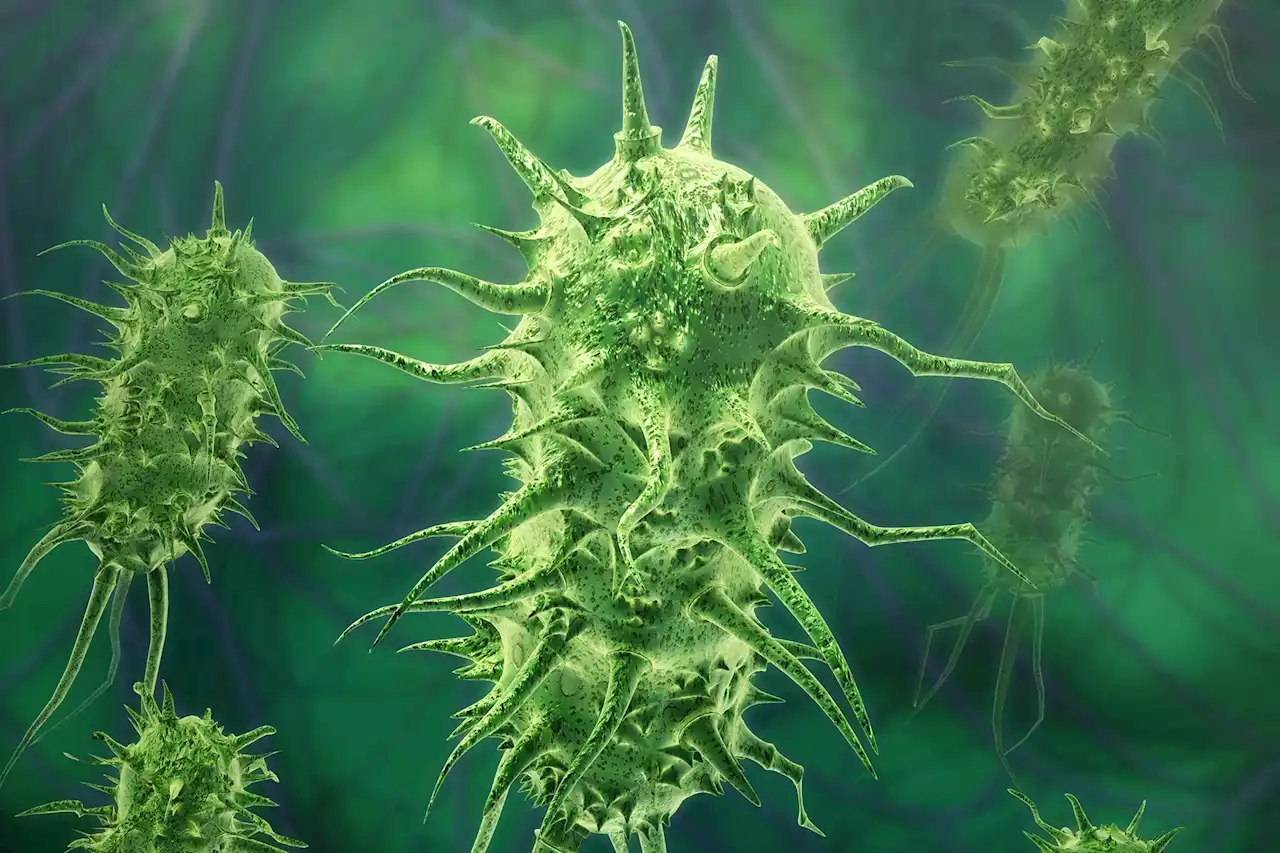In 2007, Yale pediatric neurosurgeon, Dr. Steven Schiff, visited his colleague Dr. Benjamin Warf at the CURE Children’s Hospital in Uganda. The scenes at the hospital stunned him: every day mothers came from all over the country carrying infants with enlarged heads, desperate for a cure. The moth
pediatric neurosurgeon, Dr. Steven Schiff, visited his colleague Dr. Benjamin Warf at the CURE Children’s Hospital in Uganda. The scenes at the hospital stunned him: every day mothers came from all over the country carrying infants with enlarged heads, desperate for a cure.
There is no known cure, and the need to relieve pressure on the brain forms the most common indication for neurosurgery in infancy worldwide. East Africa had become a hotbed for pediatric hydrocephalus for mysteriously unknown reasons, with an estimated 4,000 new cases in Uganda alone each year. And although it was possible to use advanced gene sequencing methods to identify bacteria that would not grow in culture, those technologies were both expensive and not readily available in Uganda. This combination of challenges made the question of what was causing all these cases of postinfectious hydrocephalus in Ugandan babies daunting. But Schiff was determined to tackle this mystery, believing that it was a solvable problem.
Malaysia Latest News, Malaysia Headlines
Similar News:You can also read news stories similar to this one that we have collected from other news sources.
 Utah data helps researchers highlight how urbanization impacts wildlifeNorth American cities, including the Salt Lake City area, are getting warmer, and researchers warn the heat is making it more difficult for native wildlife to adjust to the growing urbanization near their homes.
Utah data helps researchers highlight how urbanization impacts wildlifeNorth American cities, including the Salt Lake City area, are getting warmer, and researchers warn the heat is making it more difficult for native wildlife to adjust to the growing urbanization near their homes.
Read more »
 Researchers create optical device that can kill pathogens on surfaces while remaining safe for humansWhile it has long been known that ultraviolet (UV) light can help kill disease-causing pathogens, the COVID-19 pandemic has put a spotlight on how these technologies can rid environments of germs. However, the excimer lamps and LEDs that can directly emit light in the required deep-UV wavelengths generally have low efficiency or suffer from short lifetimes. Moreover, UV light of the wrong wavelength can actually be harmful to human cells.
Researchers create optical device that can kill pathogens on surfaces while remaining safe for humansWhile it has long been known that ultraviolet (UV) light can help kill disease-causing pathogens, the COVID-19 pandemic has put a spotlight on how these technologies can rid environments of germs. However, the excimer lamps and LEDs that can directly emit light in the required deep-UV wavelengths generally have low efficiency or suffer from short lifetimes. Moreover, UV light of the wrong wavelength can actually be harmful to human cells.
Read more »
 Researchers improve efficiency in carbon dioxide electroreductionResearchers from the Institute of Process Engineering (IPE) of the Chinese Academy of Sciences and Yanshan University have proposed a strategy for boosting the CO faradaic efficiency in electrocatalytic CO2 reduction reaction (eCO2RR), an attractive option to address serious climate concerns and produce value-added chemical feedstock via coupling with renewable energies. The strategy is promising in producing CO via eCO2RR at ambient conditions.
Researchers improve efficiency in carbon dioxide electroreductionResearchers from the Institute of Process Engineering (IPE) of the Chinese Academy of Sciences and Yanshan University have proposed a strategy for boosting the CO faradaic efficiency in electrocatalytic CO2 reduction reaction (eCO2RR), an attractive option to address serious climate concerns and produce value-added chemical feedstock via coupling with renewable energies. The strategy is promising in producing CO via eCO2RR at ambient conditions.
Read more »
 Researchers develop new selective emitter based on iridium for thermophotovoltaicsResearchers from the Helmholtz-Zentrum Hereon, together with the Technical University of Hamburg and Aalborg University, have developed a new selective emitter based on iridium for thermophotovoltaics. Iridium was thus used for the first time as a material for an emitter, and in the experiments, it showed particular endurance at high temperatures around 1,000°C. Their study results were published in the journal Advanced Materials and open up new perspectives for producing electricity from heat.
Researchers develop new selective emitter based on iridium for thermophotovoltaicsResearchers from the Helmholtz-Zentrum Hereon, together with the Technical University of Hamburg and Aalborg University, have developed a new selective emitter based on iridium for thermophotovoltaics. Iridium was thus used for the first time as a material for an emitter, and in the experiments, it showed particular endurance at high temperatures around 1,000°C. Their study results were published in the journal Advanced Materials and open up new perspectives for producing electricity from heat.
Read more »
 Researchers make a significant step towards reliably processing quantum informationUsing laser light, researchers have developed the most robust method currently known to control individual qubits made of the chemical element barium. The ability to reliably control a qubit is an important achievement for realizing future functional quantum computers.
Researchers make a significant step towards reliably processing quantum informationUsing laser light, researchers have developed the most robust method currently known to control individual qubits made of the chemical element barium. The ability to reliably control a qubit is an important achievement for realizing future functional quantum computers.
Read more »
 Researchers design ammonia-resistant nickel-based fuel cell catalystA research team led by Prof. Gao Minrui from the University of Science and Technology of China (USTC) of the Chinese Academy of Sciences has developed a nickel (Ni)-based anion-exchange membrane fuel cell (AEMFC) anode catalyst with high resistance to ammonia (NH3) toxicity. The work was published in Journal of the American Chemical Society.
Researchers design ammonia-resistant nickel-based fuel cell catalystA research team led by Prof. Gao Minrui from the University of Science and Technology of China (USTC) of the Chinese Academy of Sciences has developed a nickel (Ni)-based anion-exchange membrane fuel cell (AEMFC) anode catalyst with high resistance to ammonia (NH3) toxicity. The work was published in Journal of the American Chemical Society.
Read more »
